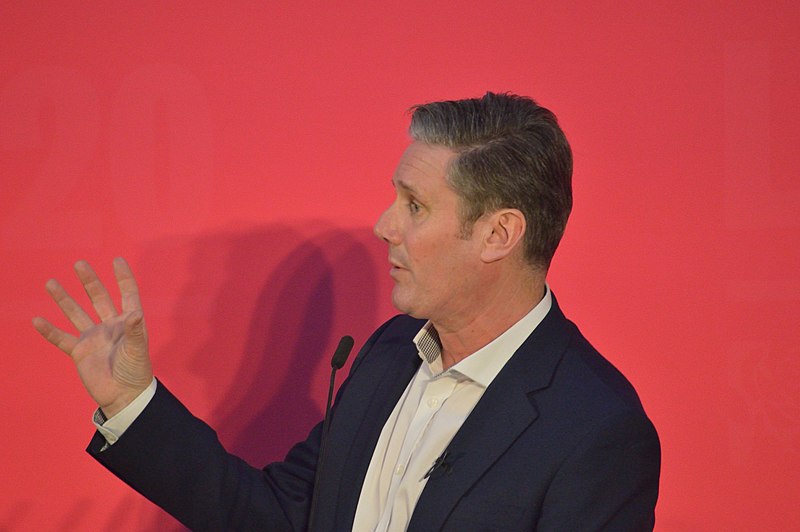
Labour leader Sir Keir Starmer has announced plans for a Labour government to raise defence spending to 2.5% of GDP "as soon as resources permit." This statement aligns with Chancellor
Jeremy Hunt's similar ambition for defence expenditure.
Sir Keir also disclosed intentions to conduct a comprehensive strategic review of defence and security to delineate clear priorities in these domains.
Presently, defence spending stands at 2.1% of GDP according to NATO estimates for the year 2023. Earlier this year, ministers Anne-Marie Trevelyan and Tom Tugendhat publicly advocated for accelerated investments in defence.
In a statement preceding a visit to Barrow-in-Furness in Cumbria, where nuclear submarines are manufactured, Sir Keir affirmed Labour's unwavering commitment to the UK's possession of nuclear arms. He emphasized the crucial role of the UK's nuclear deterrent in safeguarding the nation and its NATO allies against emerging global threats and increasing Russian aggression.
Furthermore, Sir Keir highlighted Labour's transformation, implicitly contrasting it with the stance of his predecessor Jeremy Corbyn, who opposed the UK's Trident submarine-based missile system. Despite acknowledging the considerable expenses associated with nuclear weapons, Sir Keir underscored their indispensable nature.
When questioned about defence spending, Sir Keir reiterated Labour's commitment to achieving the 2.5% target in line with NATO obligations.
In response, Defence Secretary Grant Shapps criticized Labour's leadership, citing their attempts to entrust Jeremy Corbyn with the nation's armed forces, a figure who advocated for the abolition of the nuclear deterrent and questioned the integrity of British intelligence.
Meanwhile, SNP defence spokesperson Martin Docherty-Hughes MP denounced the expenditure on nuclear weapons, criticizing Labour's readiness to allocate billions to defence while claiming insufficient funds for other national priorities.
As NATO members are required to allocate at least 2% of GDP to defence by 2024, Poland emerged as the highest spender in 2023, followed by the US. Photo by Rwendland, Wikimedia commons.




































